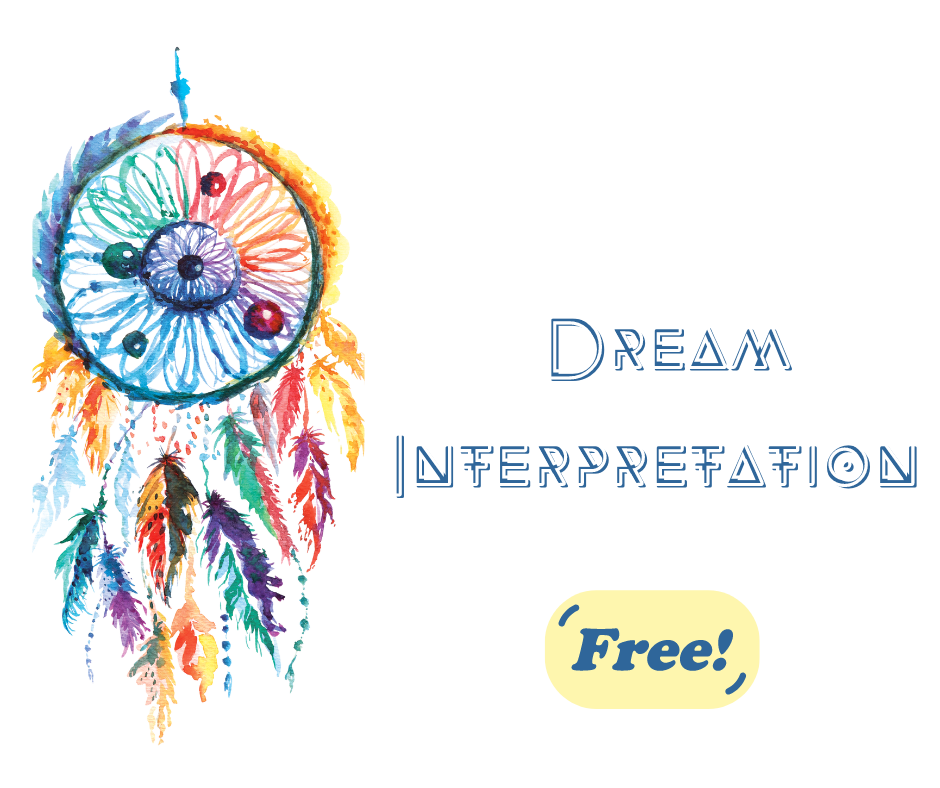Tryptophan is an essential amino acid, meaning it’s a type of protein only produced by plants; humans and other animals must receive it through the diet. Anecdotal evidence suggests that in higher than dietary doses, this amino acid in the form of supplement, may also serve as a sleep aid. What does the science say?
The top positive review for Now Foods L-tryptophan 1000mg, Tablets, 60-Count product on Amazon.com is:
Ive battled insomnia most of my life and have taken many prescription medications and none of them ever really worked. I must have sleep to function. I was getting maybe 3 hours of sleep a night. Now i take two tryptophan 2 hours before bed and im asleep for a good 7 hours and feel great. Wish i could have found it a long time ago.
This is not the only positive review. The average rating of 35 reviewers is 4.3. After running the product page through ReviewMeta.com, the adjusted rating was still 4.3 after removing 13 unnatural reviews. The most trusted review, according to the site is:
I wanted to stop using Ambien because of its side-effects, and switched to Trazodone. That worked, but I needed something else to give me a little nudge into sleepy land, and L-Tryptophan – coupled with melatonin – does the trick.
Apparently, many people use tryptophan as a natural, OTC sleep aid, that is bereft of side effects, as another reviewer points out:
I use L-Tryptophan to help me sleep. It works better than any prescription medications I’ve had and does not leave me feeling “hung over” the next morning.
In the following brief article, I will explain what tryptophan is exactly, and how to use is to improve your sleep and dreams.
Tryptophan: An Amino Acid
Tryptophan is an essential amino acid, which we must get in our diet by eating protein-rich foods, such as:
- Nuts and seeds, especially pumpkin and squash seeds, chia seeds, sesame seeds, sunflower seeds, flax seeds, and pistachios.
- Legumes, especially soybeans, tofu, and white beans.
- Whole grains, especially oats.
Adults need about 4-5 mg per kg body weight of tryptophan daily. That’s about 150-600 mg per day.
For people who are on a plant-based diet, it’s important to eat nuts and seeds daily as well as beans and whole grains. Others usually will get enough since it’s abundant in cheese, meat, and eggs.
Among the important chemicals made in the brain from tryptophan, I will mention:
- Serotonin – L-tryptophan is converted to 5-HTP, then to serotonin, a neurotransmitter whose many functions involve regulating mood, sleep, and cognition (memory and learning). Eating foods rich in tryptophan will not however increase serotonin levels in the brain. To achieve that, either take an L-tryptophan supplement, eat carbohydrates along with the tryptophan-rich foods, or take 5-HTP directly.
- Melatonin – A hormone that is made in the brain from serotonin, melatonin is released by the pineal gland and is involved in regulation of sleep-wake cycles. To increase your melatonin levels, you can eat tryptophan-rich foods along with carbohydrates. (Or, just eat melatonin-rich foods directly.)
- DMT – Tryptophan is initially converted into tryptamine, which is then converted to NMT, and finally to DMT. This suggests that L-tryptophan may also be a dream supplement.
Scientific Reports
The list of side effects of tryptophan supplementation includes drowsiness, sedation, and euphoria, which is an indication that indeed this could be an effective sleep aid.
Other side effects of tryptophan supplements by the way, may include nausea, diarrhea, lightheadedness, headache, dry mouth, blurred vision, and involuntary eye movements.
A scientific review published during the 1980’s in the Journal of Psychiatric Research concludes that “L-tryptophan in doses of 1 g or more produces an increase in rated subjective sleepiness and a decrease in sleep latency (time to sleep).” Tryptophan may also decrease total wakefulness and/or increase sleep time. This worked best for mild insomnia or in normal subjects with a longer-than-average sleep latency.
A more recent finding is that tryptophan may be used as a treatment for Pediatric Non-Rapid Eye Movement Parasomnia.
TiHKAL has some interesting information about tryptophan. When 2 grams was administered to 7 normal subjects, 5 of them became drowsy within 1-2 hours. Another report says:
The amino acid tryptophan is a safe, non-addictive sleeping aid which works because it is made into serotonin in the brain. Serotonin is the neurotransmitter which initiates sleep. Tryptophan is found in milk and bananas and can sometimes be purchased in pill form. Two grams of tryptophan just before bed is very helpful in getting to sleep. For best results take it on an empty stomach. Although milk contains tryptophan, the pure amino acid is more effective.
How to Use Tryptophan as a Sleep Aid
Eating foods rich in tryptophan does not ensure adequate supply of the chemical since this amino acid competes with other types of amino acids to enter the brain. The first point to understand therefore is that if you are to use tryptophan whether to affect your sleep or dreams, you will want to use a supplement.
L-tryptophan dosage for sleep
To use tryptophan, simply take a 1-2 grams (1,000-2,000 mg) supplement as part of your winding down ritual before going to sleep at night.
Those who choose to use a supplement should keep in mind that an epidemic of a syndrome known as eosinophilia–myalgia syndrome (EMS) occurs in 1989 and linked to a specific source L-tryptophan. The US Food and Drug Administration (FDA) banned the sale of L-tryptophan following this incidence until 2005 and since then no new EMS cases were reported… until 2011, when a new case of EMS was linked to L-tryptophan use.
To be on the safe side, a better alternative might be to eat a high protein meal with lots of carbohydrates. (Granted, this is not the best method for people who are over weight, unless this meal is eaten early during the day.)
How does it work?
If you eat a high protein meal, tryptophan will be competing with many other amino acids for entry to the brain. But if carbohydrates are eaten with the protein, it makes the other amino acids enter the muscles, allowing more tryptophan to reach the brain, therefore increasing your serotonin levels.
Best Foods to Increase Serotonin Levels
If you want more serotonin in your brain, you need to eat foods with a high tryptophan-to-protein ratio, that is foods with highest tryptophan levels but lowest protein levels. Some of the best options include:
- Chia seeds – 721 mg (tryptophan per 100 grams)
- Pumpkin & squash seeds – 326-578 mg
- Sesame seeds/butter – 371-396 mg
- Sunflower seeds – 263-348 mg
- Walnuts – 318 mg
- Flax seeds – 297 mg
- Cashew nuts/butter – 265-287 mg
- Pistachio nuts – 284 mg
- Peanuts/butter – 227-272 mg
- Almond butter – 271 mg
- Tofu – 102-246 mg
- Cooked soybeans – 242 mg
- Tempeh – 194 mg
- Cooked white beans – 115 mg
- Cooked kidney beans – 103-112 mg
- Cooked pinto beans – 108 mg
- Cooked black beans – 105 mg
- Cooked navy beans – 100 mg
Most importantly, include some high-glycemic carbohydrates with your high tryptophan meal, such as potatoes, bread, pasta, and rice. Or have some fruits. Raisins for instance have both 50 mg tryptophan and 79 grams carbohydrates per 100 grams. Dried apricots have 87 mg tryptophan with 83 grams carbohydrates.
Tryptophan as a Dream Supplement
There are two main reasons to use tryptophan as a “dream supplement.”
First, tryptophan can be turned into DMT. However, that DMT would be inactivated by the body without the presence of a MAOI such as Ayahuasca or Syrian Rue. Taking L-tryptamine with a MAOI may be be dangerous and could lead to Serotonin Syndrome.
Another problem is that tryptophan is also converted into serotonin and other chemicals through various biochemical pathways.
Is it possible to increase the amount of DMT generated relative to the other metabolites of tryptophan? Yes, however, that may require using additional supplements.
With doses of 5 grams tryptophan, euphoria may be experienced as well as dizziness and lightheadedness.
The dose needed to produce noticeable psychoactive effects when combined with a MAOI is said to be 5-15 grams.
The second reason to use tryptophan as a dream supplement would be to counter the serotonin depletion which occurs following MDMA, Ecstasy, and psychedelics usage, and to stabilize the mood.
Conclusion
If you suffer from sleep problems, you may want to try tryptophan as an OTC sleep aid while working on improving your sleep in other ways, especially if you’d like to avoid using prescription medications.
Tryptophan is currently legal and available OTC in most countries, with the possible exception of Australia, Estonia, France, Israel, and Germany, where it might require a prescription.
It may not be wise to take tryptophan without consulting with a doctor, especially if combining it with other supplements and drugs, such as anti-depressants and MAOIs. Even combining it with alcohol and cannabis may result in anxiety.


